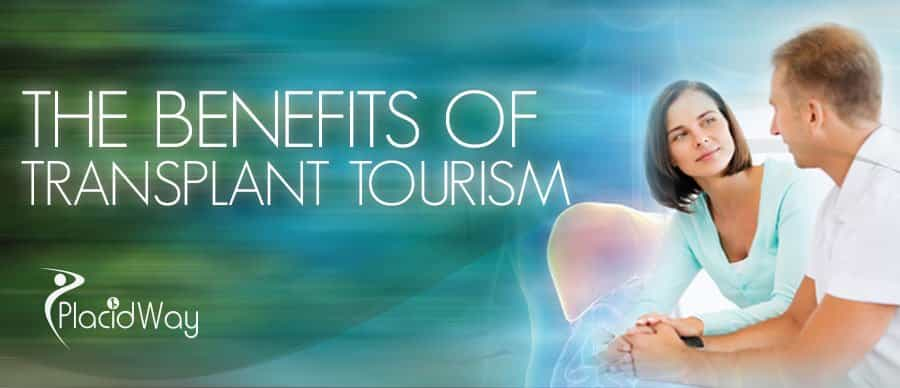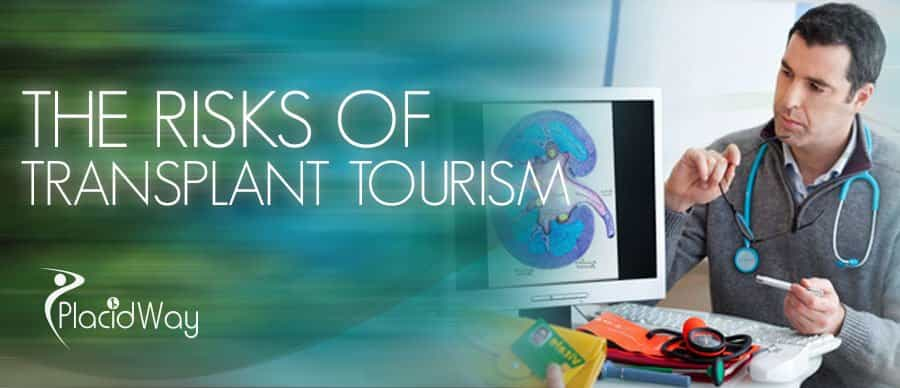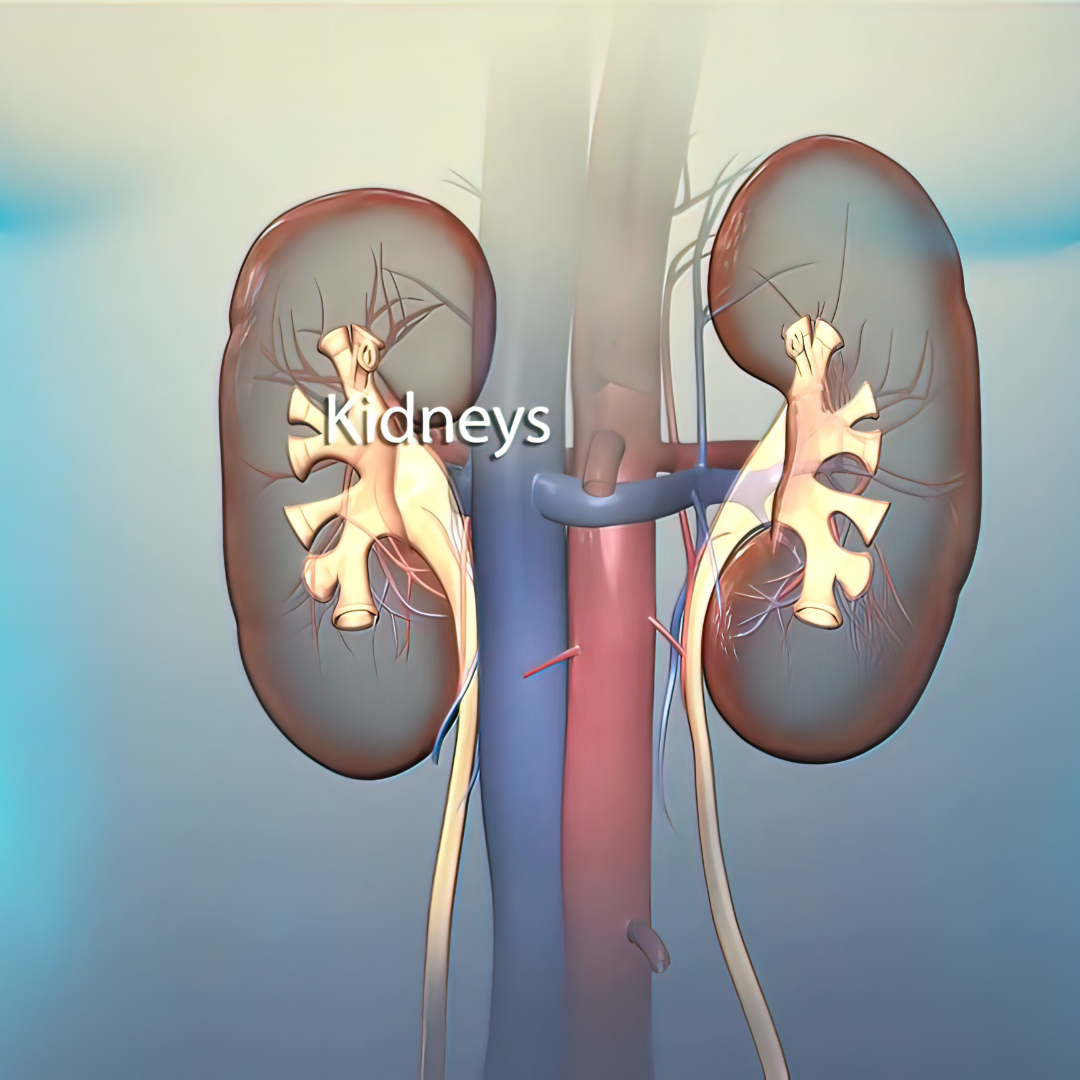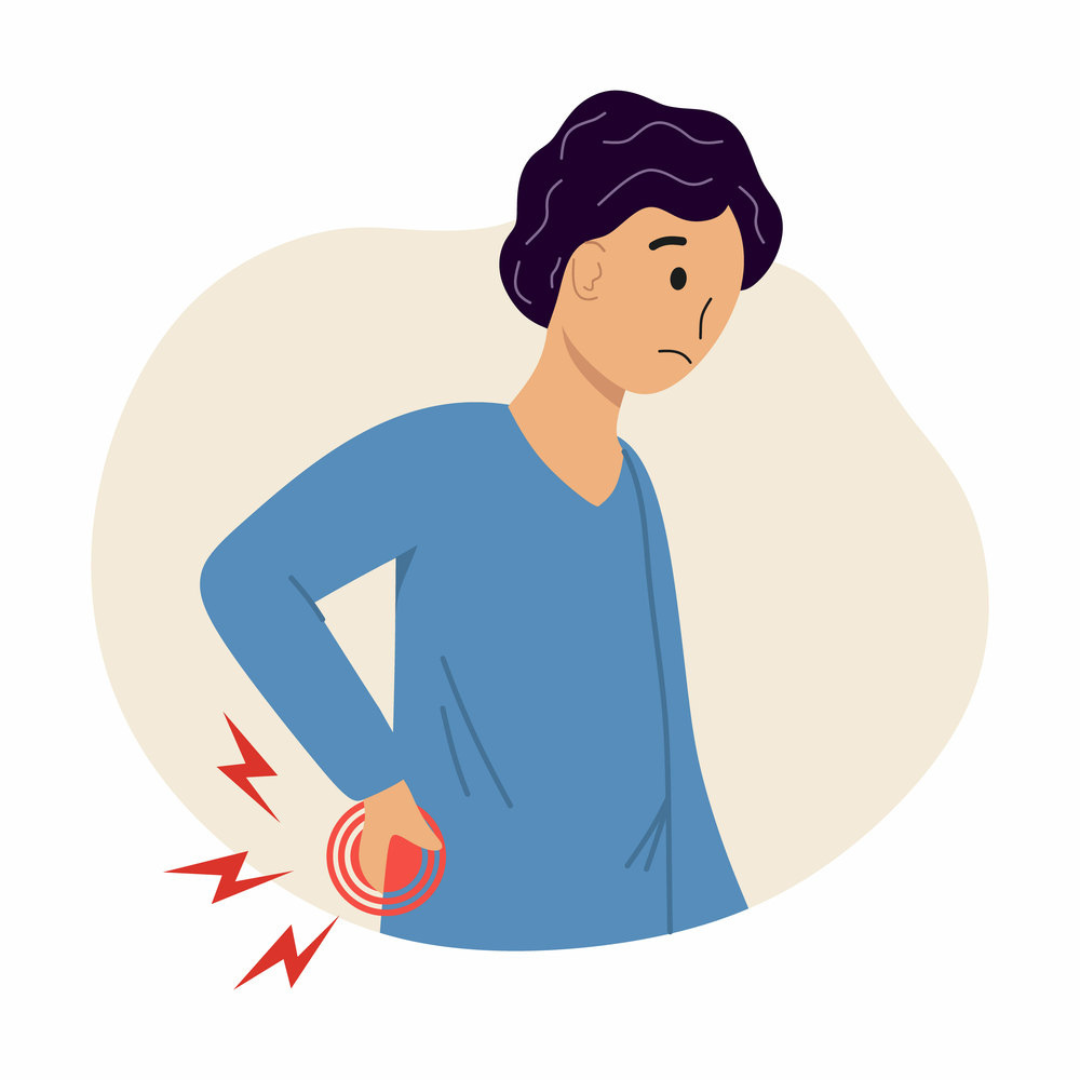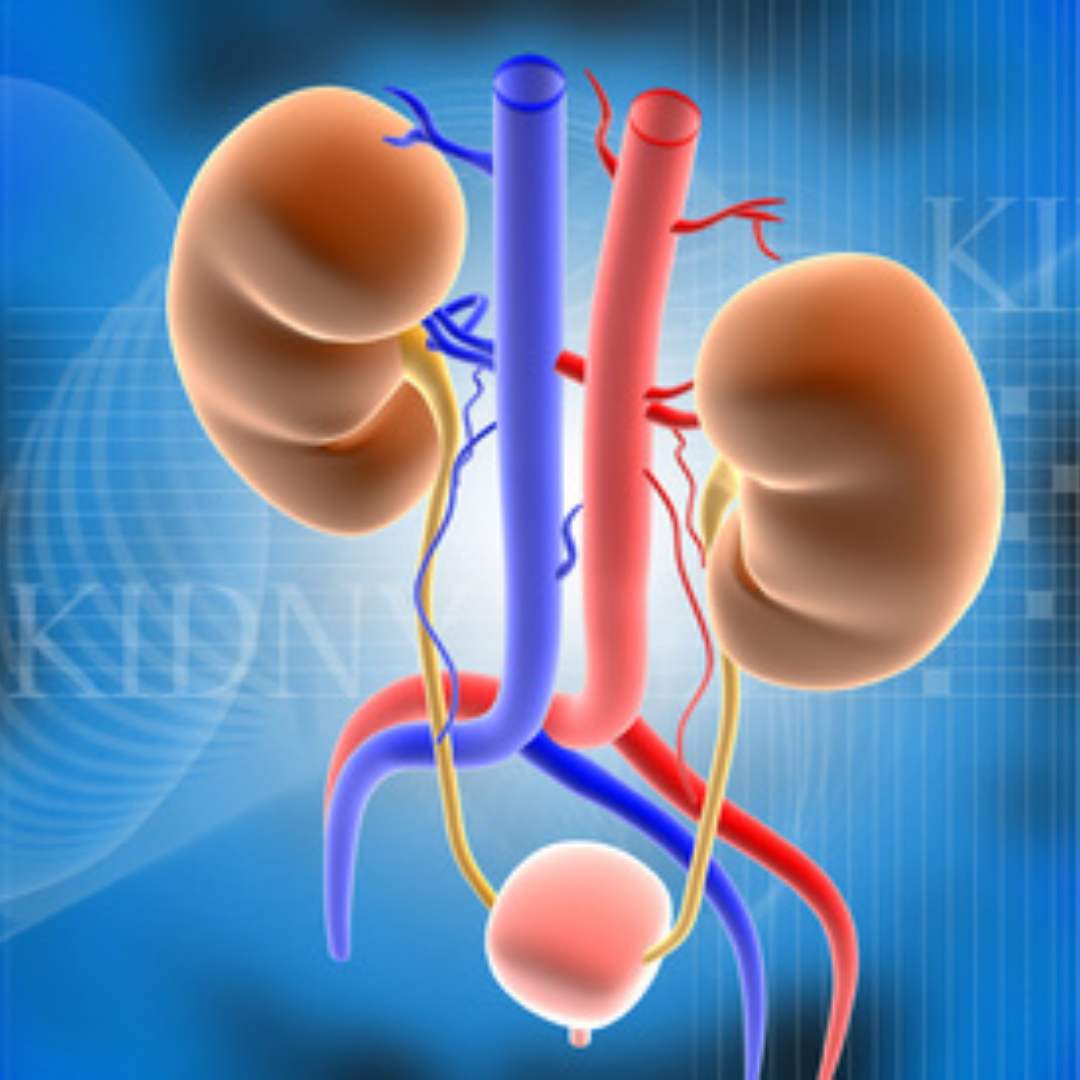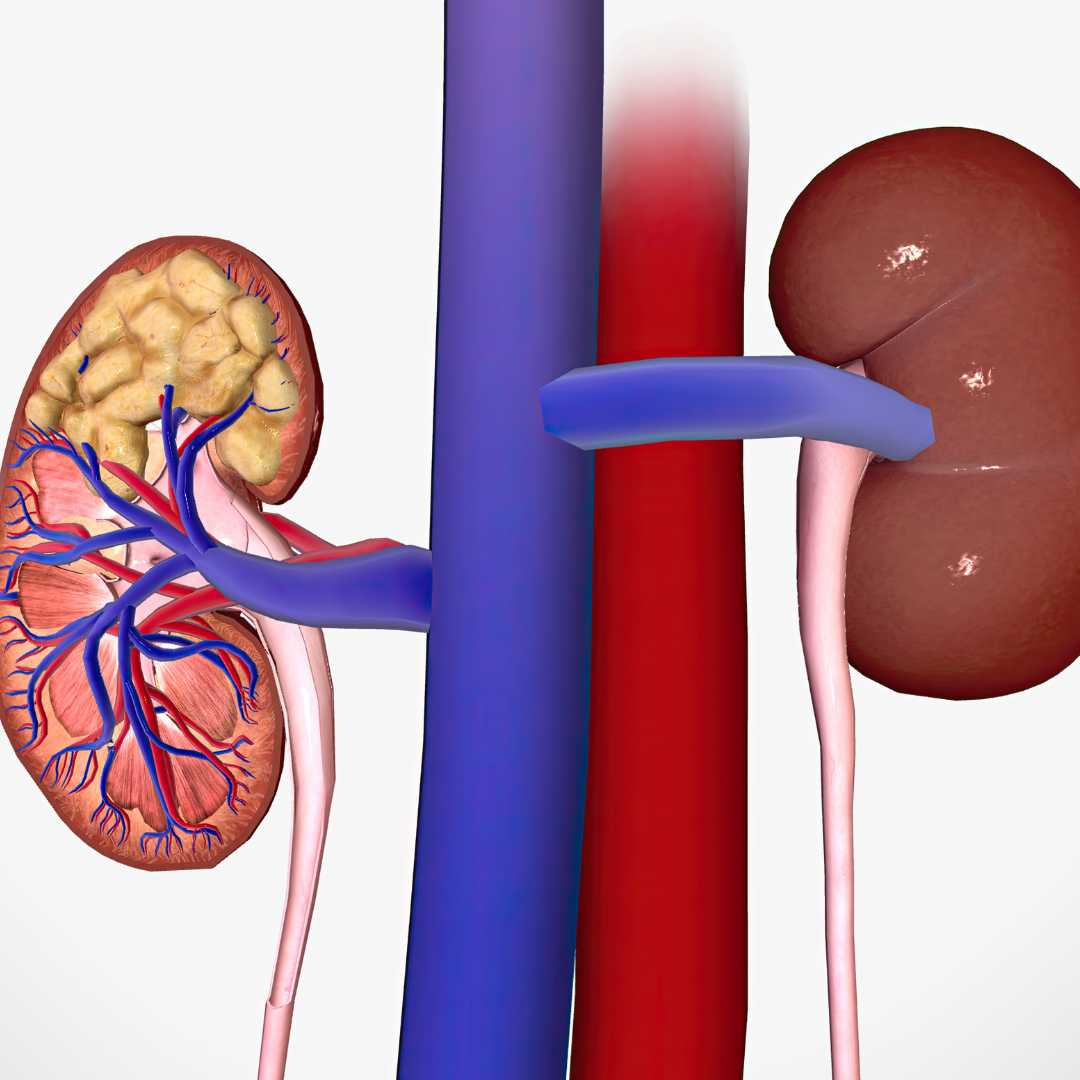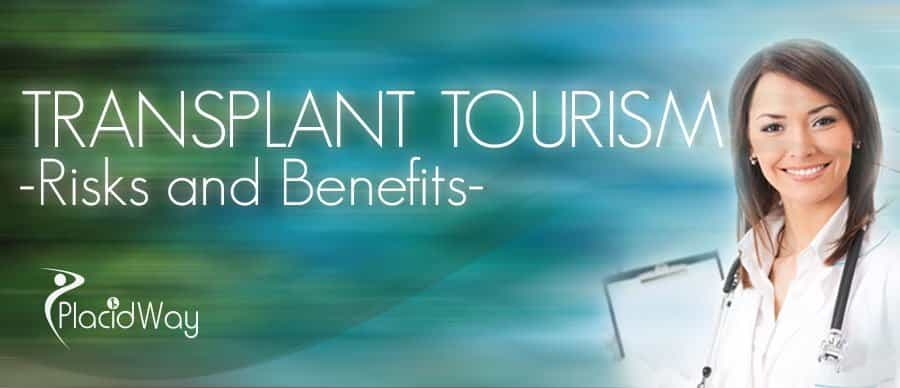
There is no doubt that medical science has come a long way from drilling a hole in your head in order to exorcise the demons when you had a cold. Nowadays organ transplants are being performed daily. Some of the most popular are kidney, liver, heart, and lung transplants. The benefits are staggering. It helps patients with terminal diseases or organ failure due to various traumas start anew. In some cases, transplanting a healthy organ into a patient helps other organs work better and become healthier.
Transplant tourism consists of going to a foreign country to have organ transplant. This form of medical tourism is practiced by people who need urgent medical attention due to either end stages of chronic diseases which lead to multiple organ failure or when the patient has sustained lesions damaging internal organs. Most of the times, people prefer going abroad for a transplant for benefits such as no waiting lists for a donor organ or cheaper medical expenses. But no medical procedure is risk free, especially when visiting a foreign country. Even though the operation is explained to you, and seems simple to understand how it works, or the clinic and the medical personnel come highly recommended, you are unwillingly exposing yourself to some major risks. Some of them may be medical, others legal, but in any case you will have to face them.
Some of the hotbeds for transplant tourism are underdeveloped countries, where although medical services might be as good as back home, they are several times cheaper. Among these countries we can include India, Mexico, Thailand and even Turkey. Each of these have developed into a force to be reckoned with in particular domains when it comes to transplants. For instance, India has made its name on the transplant world scene with kidney transplants. According to the statistics of the Indian Society of Organ Transplantation, the total number of kidneys transplanted in India is more than 20,950.
The Benefits of Transplant Tourism
The benefits of transplant tourism, if we are to look at the big picture, can be seen in the number of people recuperating after the surgery and leading on healthy, normal lives. Families can once again be together, expensive medical treatments can now be a thing of the past. Judging from a recipients’ perspective, transplant tourism can help better his live through a new healthy organ, cheaper medical bills and the promise of a now disease-free life.
From the point of view of a medical professional, transplant tourism can help improve a certain area of medical interest by allowing doctors, and medical staff in general, better themselves in performing a specific medical procedure. This means that even though the intervention is being made in a less developed country, the medical personnel in charge of the intervention have the chance of becoming specialized in that particular field.
Also, the more transplants being made in a certain country or hospital, the more money there is for research and development. Furthermore, the more donors you have the more organs you have. This imposes the need for a centralized system in order to keep track of donors and recipients, which leads to a better functionality of the medical system in itself.
The donors’ perspective may be the hardest one to explain. Donating an organ, even if paid, implies the most consideration for human life and the courage to undergo an operation voluntarily. Organ donors are the real heroes of this story, no matter if they’re dead or alive, doing it for the money or just to save a human life. The risks they expose themselves to are sometimes even greater than the ones the recipient is exposed to.
The Risks of Transplant Tourism
As with all medical procedures, may they be made inside your own country or abroad, they involve a certain amount of risk. This risk is proportional to where you choose to have your procedure. It depends a great deal firstly on the legal bindings of the country that you are visiting. Some countries like Turkey and India, that signed the Istanbul Declaration regarding organ trafficking and organ commercialism, are opposed to people from other countries simply coming and buying their way into operating theaters, with organs bought off of living donors, while others have to wait for deceased donors, which most of the times aren’t enough.
Also, there might be a problem with the donor itself. For instance, India accepts living donors, but the donor and the recipient must be relatives. Mexico doesn’t impose that rule upon its living donors, which raises another problem. Many of the living donors which are willing to sell different organs for some quick cash come from an impoverished background. You may not even be aware that you are part of an illegal organ donation.
Another form of risks that you are exposing yourself to when choosing to go abroad for an organ transplant is the risk of the body rejecting the organ. Many people choose to ignore this possibility due to the low prices they pay in countries like India or Mexico for example for a kidney transplant. Depending on the services selected, a complete package can range anywhere from $17,000 to $60,000. But price isn’t the only thing you must consider before going under the knife. Transplantation isn’t like stacking Legos. The donor and the recipient must match almost perfectly in order for the operation to be a complete success. Unfortunately, a number of factors can influence this: the donor’s age, weight, eating habits, if he is a smoker or not etc. Best case scenario: you get a new kidney and everybody lives happily ever after. Worst case scenario: your organism rejects the transplant, post-op. infection appears, cancer, liver disease, weakening of the bones etc.
A third form of risk that could appear is the ethical one. Meaning that, supposedly the operation is a success but you relapse within a week of getting hope. What can you do? You’re not in the condition to go back to have another intervention. And even if you were, what if the second one goes as bad as the first one, or worse? You go to another doctor. This is where it gets tricky. Not many doctors operate in order to straighten out where another doctor messed up. Plus, the first surgery was done abroad. In case you don’t make it the second time around, your insurance is worth less than the paper it’s printed on.
Transplant tourism is a very good and a very bad idea at the same time. You must try and do your homework as best as you can regarding everything that might come up during the whole process: local transplant laws, national and international donor registries, health insurance coverage, medical facilities and staff. It’s a good idea to have a medical tourism company that you trust to arrange things for you. Other than that, how many people can say that: ”They went to India and all they got was this new kidney”?
Transplant tourism is a very special part of medical tourism. You can quickly ”get lost in translation” and fall victim to organ trafficking, botched surgeries and black market dealers. That is if you don’t ”speak the language”. This is where PlacidWay comes in. We help people understand the risks and benefits of such a procedure. We provide patients with valuable information regarding clinics, doctors, medical interventions and many more. PlacidWay has helped hundreds of people get in touch with the proper medical care unit. It’s time you let us help you!
PlacidWay, a leader in the medical tourism industry, offers extensive information regarding medical travel, international medical care providers, foreign treatment packages, as well as global destinations for health travelers. PlacidWay's network has over 250 renowned medical centers from more than 30 countries. PlacidWay is able to help customers from all over the world get access to personalized, safe, and affordable medical care.
Our goal is to help each customer make the right decision when it comes to choosing health care options abroad!


